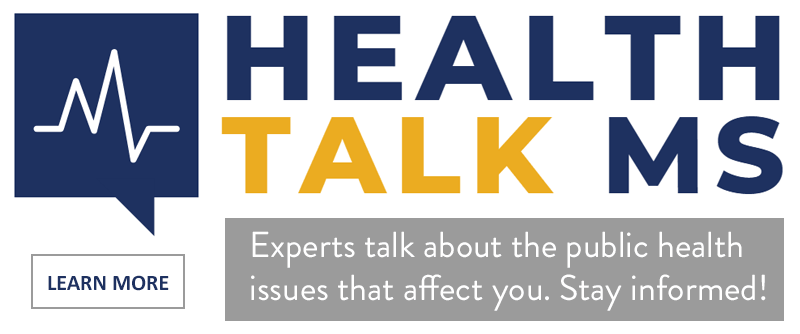
Heart defects are the most common birth defect that can damage the health of a child. They account for nearly 30% of infant deaths due to birth defects.
Congenital heart defects (CHDs) are errors in the way the heart has formed and developed during pregnancy, and are present when a child is born. Not all CHDs are serious. Their effects can vary from mild to severe, and some infants can go on to lead a normal life with little or no treatment. But some CHDs can reduce the flow of blood and oxygen to the body, and immediate treatment is required to correct the problem.
Screening Can Detect Heart Defects
Symptoms of a possible congenital heart defect include:
- bluish skin, nails or lips
- fast breathing or difficulty breathing
- tiring easily when feeding
- unusual sleepiness
Doctors will look for these symptoms as soon as your child is born. But some babies born with a heart defect appear healthy at first and can be sent home with their families before their heart defect is detected. These babies are at risk of having serious complications within the first few days or weeks of life and often require emergency care.
Serious problems can be prevented if a CHD is found shortly after birth. Newborn screening can identify some infants with a serious CHD before they show signs. Once identified, babies can receive specialized care and treatment that can prevent disability and death early in life.
Hospitals are required to perform screening for congenital heart defects as a standard of care and to report results to the Mississippi State Department of Health Newborn Screening Program. Make sure your baby is thoroughly checked by asking your doctor about screening for congenital heart defects.
What You Can Do
The exact causes of congenital heart defects aren't known. But there are steps you can take before and during pregnancy to reduce your risk of CHDs and other birth defects.
- Control your blood sugar. If you have diabetes, work with your doctor to control it before and during pregnancy.
- Quit smoking. This is one of the best steps you can take to prevent many types of birth defects. Free help is available.
- Keep a healthy weight. Extra weight may be a contributing factor in congenital heart defects.
Heart Smart: CHD Screening for Parents
Also available
Recommended Screening
The CDC has identified seven of the most dangerous types of congenital heart defects. Pulse oximetry screening can help detect all seven. It's a simple and painless bedside test for your baby in the first 48 hours of its life.
- More about screening for CHDs
- Newborn CHD Screening for Primary Care Pediatricians American Academy of Pediatrics
- Critical Congenital Heart Disease: A Screening Toolkit PDF
Find Out More
- Congenital Heart Information Network on FacebookInformation, support services, financial assistance and resources for families of children with congenital heart defects
- Stories from the Heart: CHD Personal Stories
- Healthy Pregnancy: Preventing Birth Defects

